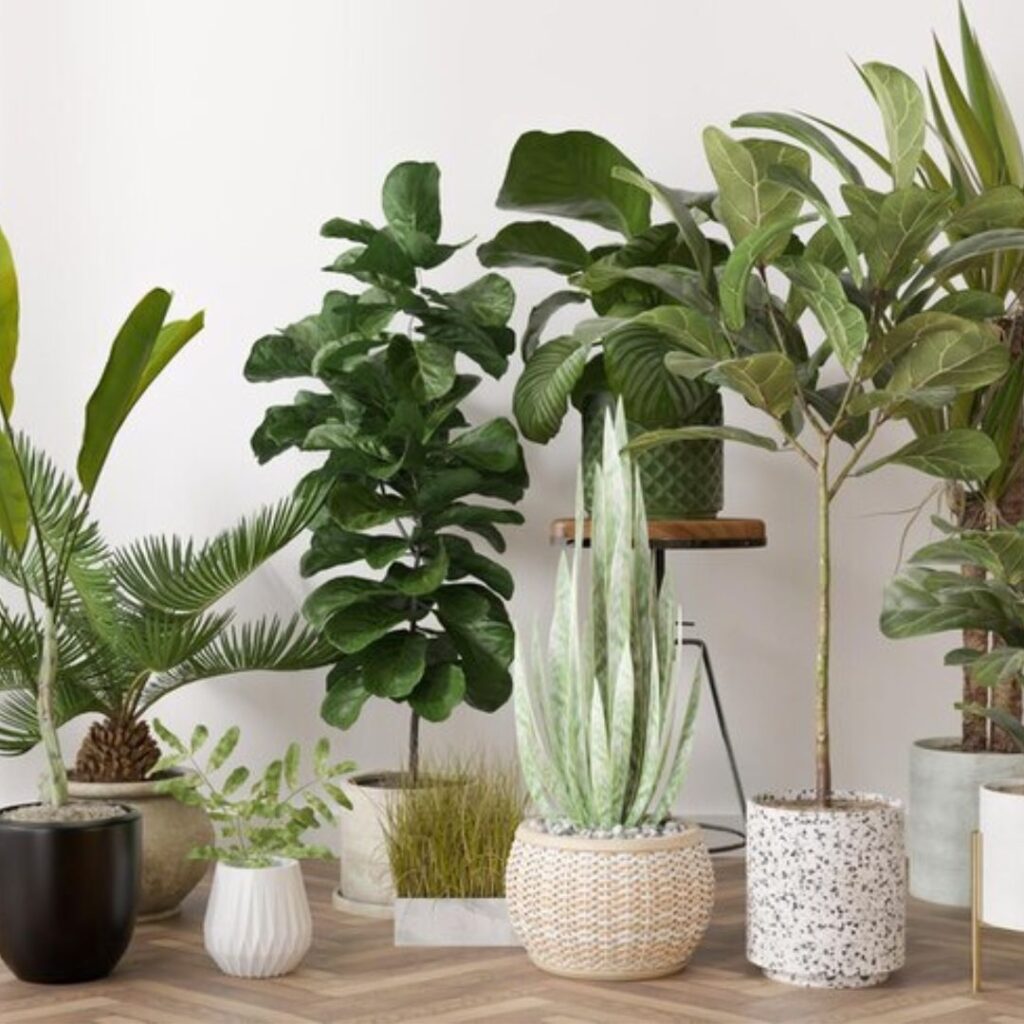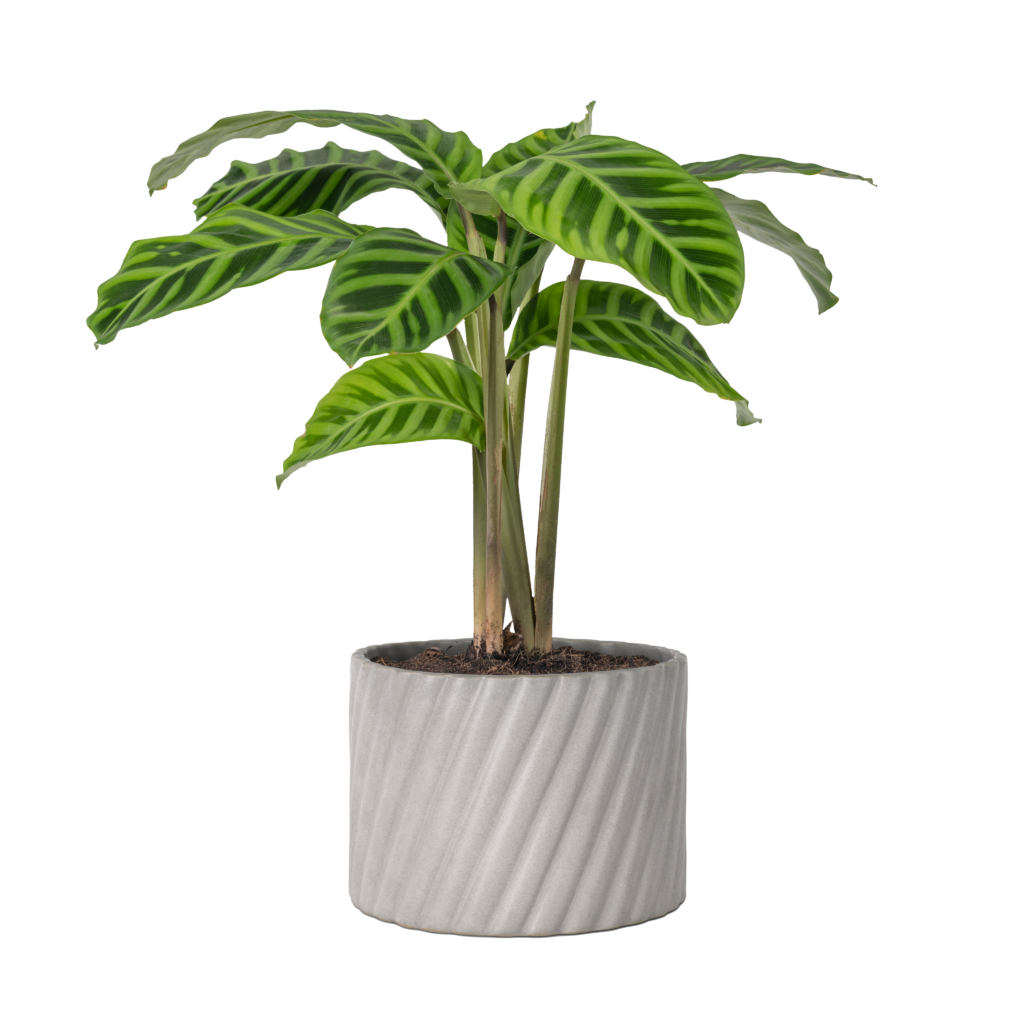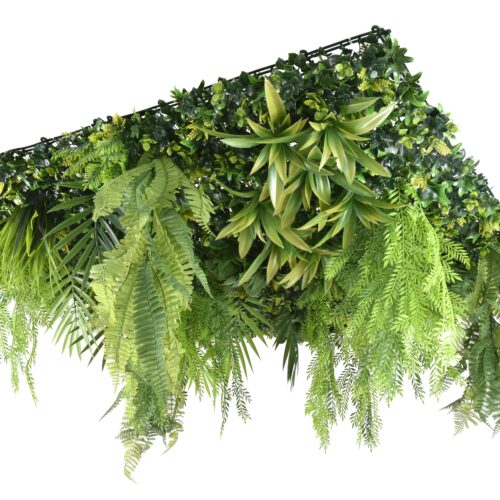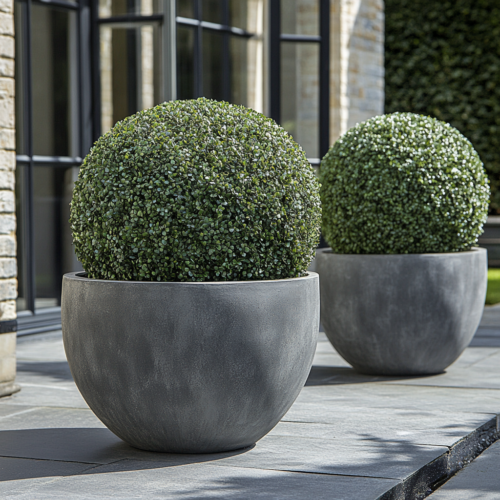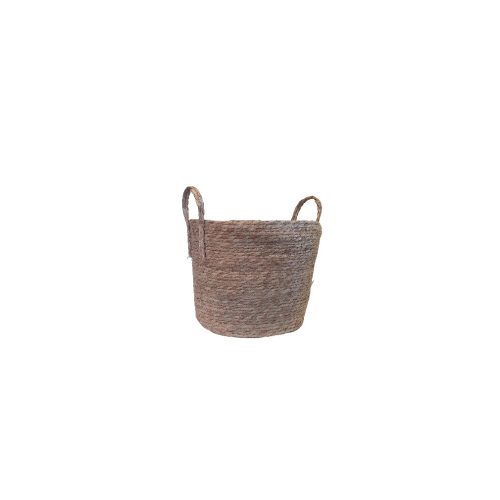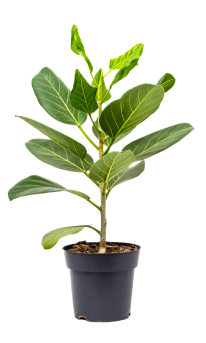Plastics are a big part of our daily lives, but when we dispose of them carelessly, they can harm the environment by polluting our waters and endangering wildlife. We, as a socially responsible company, have thought deeply about the ethics of selling plastic artificial plants. In this article, we’ll discuss the details of this issue and why not all plastics are the same when it comes to their impact on the environment.
Not All Plastic is Bad
The worldwide plastic problem mostly comes from using too much non-biodegradable plastic for throwaway things like food containers, bags, and single-use cutlery. People want cheap and convenient items. Many argue that people are the problem, not the plastics. People too often opt for convienience and consequently over indulge on single use plastics.
The other key issue with the peoples use of plastic and how we use and dispose of it. When used wisely, plastics have many invaluable applications, such as in solar panels, heart valves, prosthetics, and nets for ocean cleanup. These “good plastics” benefit society, and we believe that artificial plants and trees fall into this category, providing happiness and well-being to those who have spaces where living plants are not possible.
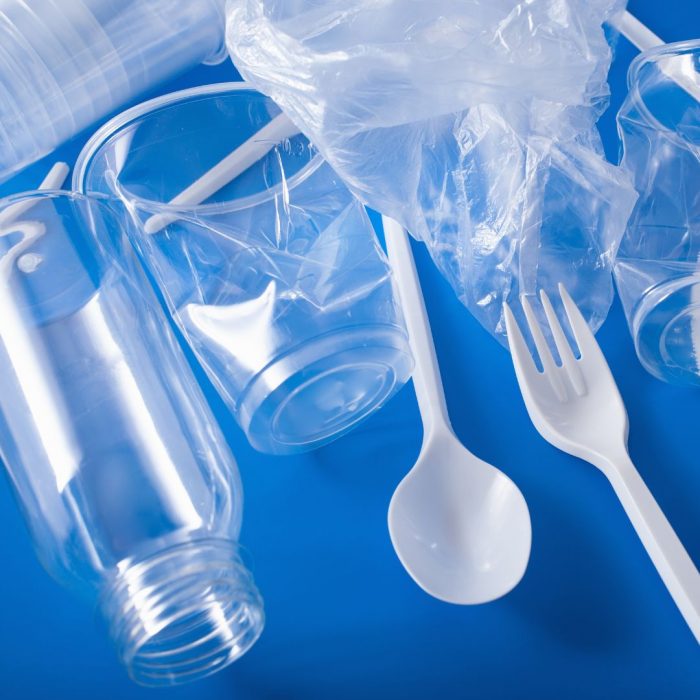
The Environmental Impact of Real Flowers
Many flowers in the UK come from distant places, like heated greenhouses in Holland or farms in far-off areas of Africa and South America. These flowers are often treated to delay wilting, which harms the environment. In a study by Cranfield University in 2007, they compared Dutch and Kenyan roses’ environmental impact. The Dutch roses, though they needed heating, had a shorter flight. But when considering all greenhouse gases, the Dutch roses had a much larger impact than the Kenyan roses, which benefited from natural warmth. This showed the hidden costs of fresh flowers. On the other hand, artificial flowers, made in Chinese factories, can be transported by sea because they last a long time. While we couldn’t find the source of data from the Carbonfund.org link in a 2011 Slate article, it said that shipping a one-pound bouquet of artificial roses only produces 0.28 pounds of CO2. This means artificial flowers are better for the environment than real ones. This is before taking into consideration that most real flower bouquets that are sold are wrapped in single-use cellophane.
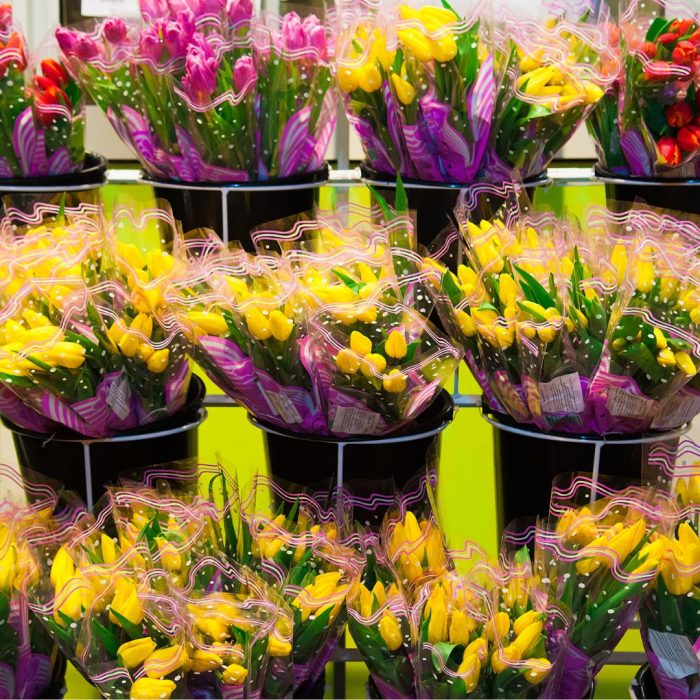
Our Commitment to Responsible Sourcing
At Evergreen Direct, we prioritize sustainability and continuously strive to improve. Our products are rigorously tested to ensure they’re safe, free from harmful substances like lead and heavy metals, ensuring the safety of the environment, wildlife, pets, and people.
Our products are crafted from recyclable plastic and utilize cutting-edge UV protection technology, ensuring their long-lasting performance. Unlike many alternatives, our greenery requires no maintenance and can be recycled, effectively minimizing the carbon footprint throughout its life cycle. Our unwavering commitment is to provide top-quality items with the least possible environmental impact.
For each order we receive, we plant a tree. Our product has a front londed carbon footprint, but we offset it through our partnership with Ecologi. We’re also proud to support global climate projects, like safeguarding the Peruvian Amazon and promoting renewable energy in Egypt and Vietnam.
We’ve minimized our plastic usage in packaging and ensure any plastic waste we receive is recycled. We make an effort to reuse as many cardboard boxes as we can for packing purposes. Any damaged cardboard that can’t be reused is collected, palletized, and sent for recycling into packaging materials.
Our business runs off solar energy that is self-generated from the solar panels that are covering our offices and warehouse.
The Importance of “Reduce, Repair, Reuse, Recycle”
In our daily lives, we can all contribute to a more sustainable future by following the mantra “reduce, repair, reuse, recycle.” Here are some practical steps:
- Donate or Sell Unwanted Items:
- Reusable Shopping Bags
- Refillable Water Bottles
- Opt for Refill Stations or loose fruit and veg instead of pre packed
- Buy Second-Hand
- Repurpose and Upcycle
At Evergreen we have a reuse and recycle option. For any artificial hedge that has become damaged over the years of needs new foliage, instead of disgarding, send the hedge back to us. All you need to purchase is the new foliage and we will fit this to your existing frames free of charge.
The Quest for Environmentally Friendly Plastics
The idea of eco-friendly plastics like bioplastics and biodegradable plastics is interesting but not a perfect solution. These products need more development and testing before they can be used in making artificial plants. We should be smarter about using and getting rid of plastics to help the environment.
In summary, the choice between artificial and real plants is more complex than it seems. When you consider the environment, ethics, and society, artificial plants can be a more eco-friendly choice. As we deal with the challenges of sustainability, we should be mindful of our decisions and how they affect the planet.

